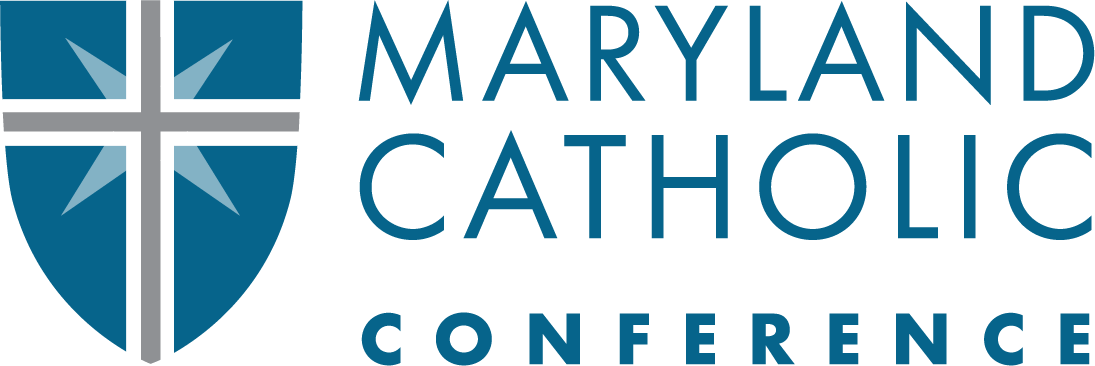Information
Committee: Ways & Means
HB1265
The Maryland Catholic Conference offers this statement of information for House Bill 1265. The Catholic Conference is the public policy representative of the three (arch)dioceses serving Maryland, which together encompass over one million Marylanders. Statewide, their parishes, schools, hospitals and numerous charities combine to form our state’s second largest social service provider network, behind only our state government. We offer this testimony on behalf of the families of approximately 50,000 students served by over 150 PreK-12 Catholic schools in Maryland.
House Bill 1265 would add school security officers to the list of requisite persons to be notified by the state’s attorney for any “reportable offense” to school administration regarding alleged criminal misconduct. This bill would also require school superintendents and school principals to transmit information regarding reportable offenses to the local superintendent of another public school system in the state or another nonpublic school in the state in which the student alleged of the reportable offense has enrolled or been transferred to. Current law simply affords this option, rather than placing an absolute mandate on administrators.
The Conference appreciates the aim of House Bill 1265 in attempting to ensure the safety of all schools and students. While this legislation could potentially improve some information sharing amongst schools to assist with student safety, the liability concerns may outweigh the noble intent, especially as this legislation would put an affirmative burden on school principals to share certain information with future schools. This presents a liability concern for principals who might lose track of where a student might be enrolling in the future through no fault of their own. Additionally, if a student goes on to cause harm at a subsequent school, this might also in turn present a liability concern.
Moreover, were this bill to pass, schools would also need specific forms provided to ensure compliance with the reporting requirements, so as to make it very clear to administrators what would be necessary to include in the report and what would not. If this legislation were amended to limit its scope to the additional information sharing, without the new reporting mandate of the amended Section 7-303(e), this legislation would present less concern.
